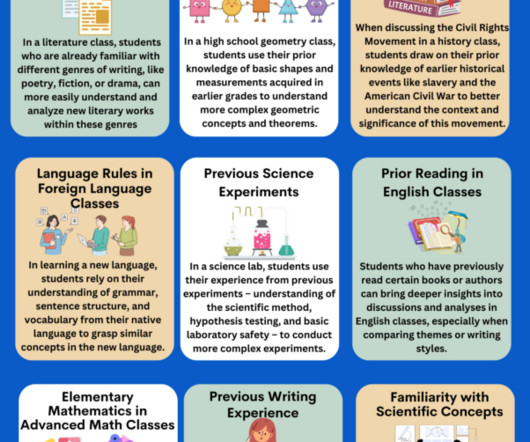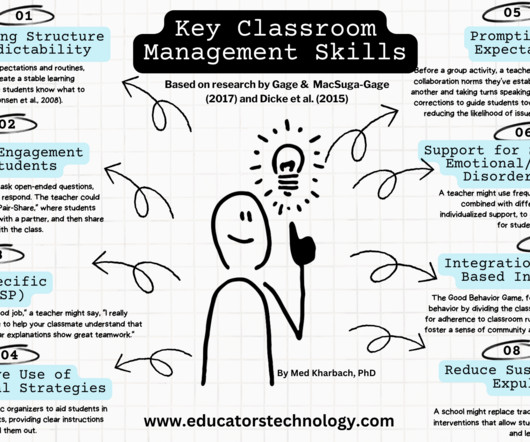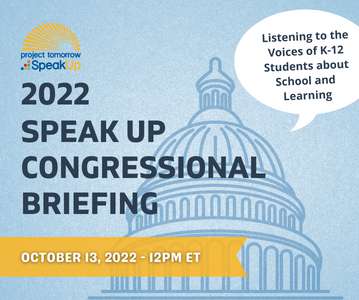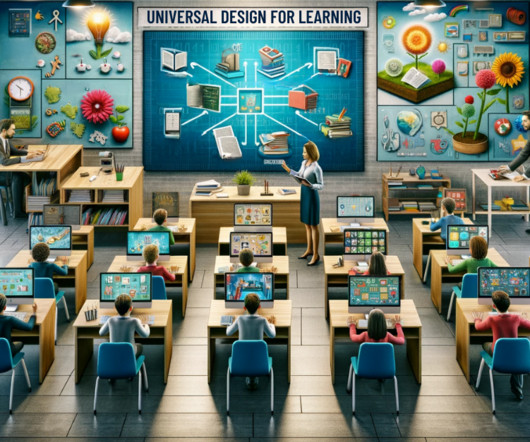ISTE Certification 01
Dangerously Irrelevant
JANUARY 7, 2022
When we created the nation’s first graduate program designed to prepare a technology-savvy school administrator at the University of Minnesota (way back in 2003!) , ISTE was one of our most important partners in that work. My students tell me that they appreciate my efforts in this area. Related Posts.
























Let's personalize your content